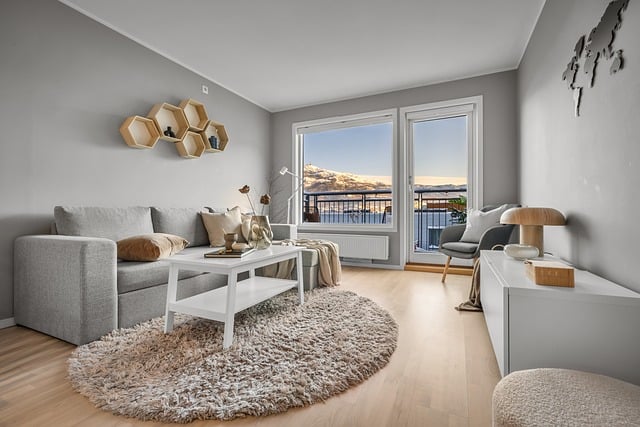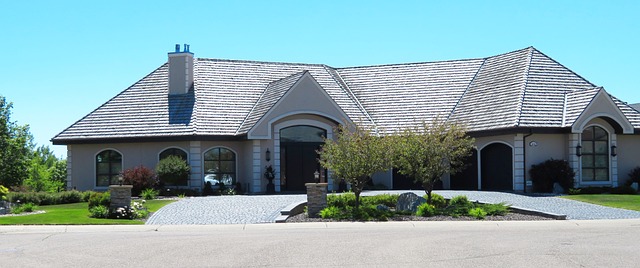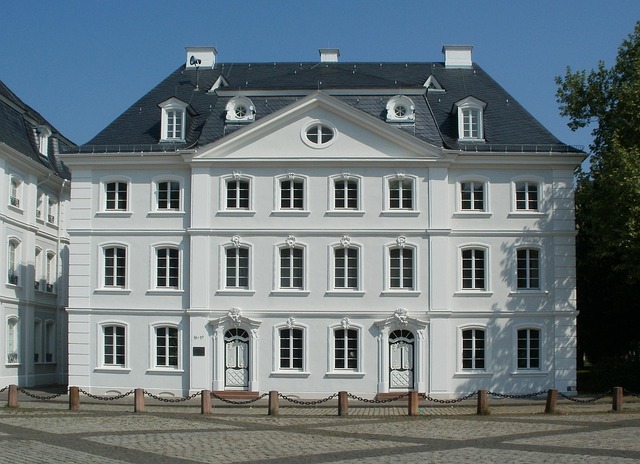In Singapore's real estate landscape, potential buyers are presented with two main property types: Executive Condominium (EC) leasehold and freehold properties. ECs, like Parc Canberra, offer a middle-ground option for young couples and families interested in condominium living at an affordable price point, with a 60 to 99-year lease. They come with family-centric amenities and are designed to provide long-term value without the lifelong ownership rights of freehold properties, which can be found in desirable locations like Cairnhill or District 19. ECs cater to those balancing immediate affordability with future capital growth potential, offering a predictable timeline for appreciation due to their lease terms. Freehold properties, on the other hand, offer perpetual ownership and are ideal for those looking for long-term investment stability without lease renewal concerns. Both EC leaseholds and freehold ECs present unique advantages; leaseholds are cost-efficient and located strategically with favorable maintenance fees, while freehold ECs allow for generational ownership and property equity growth. Buyers must weigh their personal needs, investment goals, and market trends when choosing between the temporary nature of an EC leasehold and the permanent ownership of a freehold property, considering factors such as financial planning, location, and potential resale value. Executive Condominium (EC) leaseholds and freehold properties both offer distinct benefits within Singapore's dynamic property market, and careful consideration of individual circumstances is key to making a sound investment decision.
In the dynamic property market of Singapore, discerning between Executive Condominium (EC) leasehold and freehold properties is pivotal for both investors and homeowners. This article dissects the nuances of EC leasehold and freehold ownership, guiding readers through the key distinctions and their respective implications for long-term value. Explore the affordability and potential growth of EC leasehold options, contrasted with the permanence and stability offered by freehold properties. Understanding these aspects is essential in making an informed decision tailored to your property aspirations.
- Understanding Executive Condominium (EC) Leasehold and Freehold Ownership in Singapore
- Key Differences Between EC Leasehold and Freehold Properties
- The Appeal of EC Leasehold: Affordability and Long-Term Potential
- The Perks of Freehold Ownership: A Permanent Investment Option
- Making the Right Choice: Factors to Consider When Deciding Between EC Leasehold and Freehold
Understanding Executive Condominium (EC) Leasehold and Freehold Ownership in Singapore
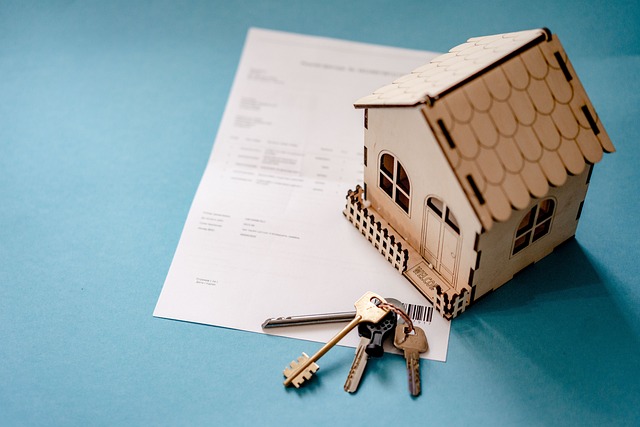
In Singapore’s dynamic property market, discerning between Executive Condominium (EC) leasehold and freehold ownership presents a nuanced decision for potential homeowners. Executive Condos, known as ECs, are hybrid housing options designed for young couples and families who do not immediately qualify for public housing but earn enough to service a market-rate mortgage. Unlike traditional HDB flats, ECs offer a more upscale living environment with condominium facilities, yet they adhere to a leasehold tenure, typically ranging from 60 to 99 years. This means that the land on which the EC is built is leased from the government and will revert back to the state upon expiry of the lease. On the other hand, freehold properties in Singapore confer ownership rights in perpetuity, providing a sense of permanence and potential for long-term asset appreciation.
Prospective buyers must weigh the advantages and limitations of each tenure. ECs offer an affordable entry point into condominium living with the benefits of a modern home equipped with amenities such as swimming pools, gyms, and playgrounds. The leasehold nature of ECs, however, introduces a consideration of time, as the value and rights to the land diminish over the lease duration. In contrast, freehold properties promise absolute ownership of both the structure and the land it sits on indefinitely. This aspect can be particularly appealing for those looking for a legacy to pass down through generations or for investors seeking a stable asset without the constraints of lease renewal or expiration. Both ECs and freehold properties are subject to the Singaporean government’s regulations, which ensure a vibrant and sustainable property landscape for current and future residents.
Key Differences Between EC Leasehold and Freehold Properties

In Singapore’s dynamic property landscape, discerning between EC leasehold and freehold properties is crucial for prospective homeowners. Executive Condominiums (ECs) like Parc Canberra offer a unique blend of features that cater to both the needs of families and the investment potential of buyers. ECs are hybrid developments designed for Singaporeans, allowing them a stepping stone into condominium living before transitioning to full private property ownership. Leasehold ECs typically come with a 99-year lease, providing residents with substantial periods of enjoyment and a strong appreciation potential. The leasehold nature means that maintenance fees are generally lower compared to freehold properties, which can be advantageous for budget management over the years.
On the other hand, freehold properties in Singapore, such as those found in areas like Cairnhill or District 19, offer perpetual ownership without the constraints of a lease expiry. This aspect can be particularly appealing to investors and long-term residents who prioritize the permanence of property rights and the potential for unencumbered equity growth over time. Freehold properties also tend to command higher prices initially, which might reflect in their resale value, making them a lucrative option in prime locations where land is scarce. Prospective buyers must weigh these key differences when deciding between an EC leasehold and a freehold property, considering factors like personal usage, investment strategy, and long-term objectives to make an informed choice that aligns with their lifestyle and financial planning.
The Appeal of EC Leasehold: Affordability and Long-Term Potential

The appeal of an Executive Condominium (EC) on a leasehold basis is multifaceted, primarily hinging on its affordability and the long-term potential it offers to homeowners. For individuals and families looking to enter the property market in Singapore, ECs represent a cost-effective alternative to both private condos and HDB flats. The initial purchase price of an EC tends to be lower than that of a freehold property, making it accessible for those with budget constraints. Moreover, as leaseholders, residents can enjoy the luxuries and amenities of a high-end condominium without the typically higher upfront investment associated with freehold properties. Additionally, the 99-year lease provides a structured timeline for potential capital appreciation, allowing residents to plan for the future with a clear understanding of when they might need to relocate should they opt for resale or move to a different property upon the lease expiration. This aspect of predictability and potential for long-term value makes ECs an attractive option for those who prioritize affordability without compromising on quality and lifestyle.
Furthermore, the investment appeal of an Executive Condominium EC cannot be understated. The unique position of these properties in the property ladder allows owners to benefit from both the immediate affordability and the long-term potential for capital gain. As the leasehold diminishes over time, the market may perceive these properties as more valuable due to their location, amenities, and the scarcity of remaining lease. This perception can drive up prices, offering residents a chance to sell their units at a higher value if they so choose. The strategic location of ECs, often near transport nodes and shopping areas, enhances their desirability, which in turn supports the long-term potential for growth. Prospective buyers should consider the balance between immediate affordability and future capital appreciation when evaluating an Executive Condominium EC as part of their investment portfolio.
The Perks of Freehold Ownership: A Permanent Investment Option
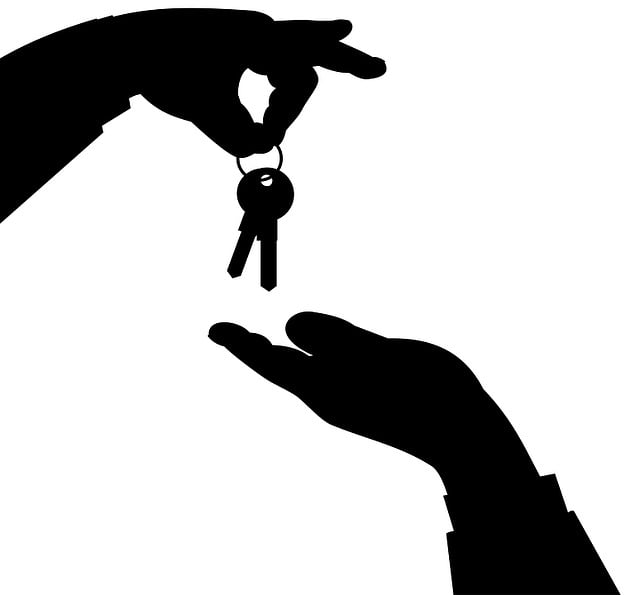
In the realm of property investment, the distinction between Freehold and Leasehold ownership carries significant weight in determining the long-term value and benefits of a real estate asset. Among the myriad options available to investors, Freehold ownership stands out as a permanent investment choice that offers a host of advantages. Unlike its counterpart, Leasehold, which is subject to the conditions set forth by the land’s lease terms, Freehold ownership provides absolute ownership over the land and property for an indefinite period. This ensures that Freehold properties are not bound by diminishing lease values, making them a stable investment over time.
For discerning investors looking for a long-term commitment, Executive Condominium (EC) options with Freehold tenure present a compelling opportunity. These EC Freehold units offer the dual benefits of being part of a well-planned community and providing a secure, enduring investment. With Freehold ownership, buyers can leverage their properties as collateral for loans, pass them down through generations, or sell them without the constraints associated with Leasehold properties. The permanence of Freehold ECs ensures that they are not only a home but also a tangible asset that appreciates over time, offering both security and investment potential that is hard to match in the property market.
Making the Right Choice: Factors to Consider When Deciding Between EC Leasehold and Freehold

When contemplating the purchase of an Executive Condominium (EC) in Singapore, one of the primary decisions to make is between a leasehold and freehold tenure. Both options offer unique advantages and considerations that can significantly impact your investment and living experience. Prospective buyers must evaluate their long-term plans, financial situation, and lifestyle preferences when deciding between EC leasehold and freehold properties.
For instance, EC leasehold properties typically come with a longer lease term, often ranging from 99 to 999 years, which can cater to the needs of those looking for a middle-ground solution between the stability of a freehold and the cyclical nature of a 99-year leasehold. The lease duration directly influences the property’s value over time, with longer leases generally retaining more value as they approach maturity. On the other hand, EC freehold properties afford owners perpetual ownership without the concern of lease expiration. This aspect can be particularly appealing if you plan to pass down the property or if you prefer a long-term investment without future lease renewal uncertainties.
Additionally, when comparing EC leasehold and freehold options, consider the location, development potential, and the surrounding infrastructure. Leasehold properties in prime districts may come with premium pricing, while freehold properties might be more spread out, offering a wider selection of choices based on your preferences. It’s also important to account for the varying market trends and how they might affect the resale value of your property in the future. By carefully weighing these factors, you can make an informed decision that aligns with your personal goals and financial strategy, ensuring that your Executive Condominium EC investment is a step towards achieving your ideal homeownership experience.
In concluding this exploration of Executive Condominium (EC) Leasehold versus Freehold ownership options in Singapore, it’s evident that both present unique advantages tailored to distinct investor profiles and lifestyles. Prospective owners must weigh the affordability and long-term investment potential offered by EC Leasehold properties against the permanence and historical value inherent in Freehold properties. The decision hinges upon individual preferences, financial considerations, and aspirations for property ownership. Whether one is drawn to the dynamic market of ECs or the timeless appeal of Freeholds, understanding the nuances of each will guide a savvy investment in Singapore’s vibrant real estate landscape.
